Pechka
Yuki no furu yo wa tanoshii Pechka
Pechka moeroyo ohanashi shimasho
Mukashi mukashi yo moeroyo PechkaYuki no furu yo wa tanoshii Pechka
Pechka moeroyo omotewa samui
Kuriya kuriya to yobimasu PechkaYuki no furu yo wa tanoshii Pechka
Pechka moeroyo jiki haru kimasu
Imani yanagi mo moemasho PechkaYuki no furu yo wa tanoshii Pechka
Pechka moeroyo daredaka kimasu
Okyaku samadesho ureshii PechkaYuki no furu yo wa tanoshii Pechka
Pechka moeroyo ohanashi shimasho
Hinoko pachi pachi haneroyo PechkaLyricist:KITAHARA Hakushuu
Composer:YAMADA Kousaku
in 1924
Pechka
Let’s have fun around Pechka on a snowy night
Burn the Pechka. Let’s enjoy the conversation.
It’s a story from a long, long time ago… Burn, Pechka
Let’s have fun around Pechka on a snowy night
Burn the Pechka. it’s cold out front.
Roasted chestnuts? the peddler is calling. Pechka
Let’s have fun around Pechka on a snowy night
Burn the Pechka. Spring will soon be here.
The willows will be sprouting any day now. Pechka
Let’s have fun around Pechka on a snowy night
Burn the Pechka. Someone’s coming.
It must be a visitor. Happy Pechka
Let’s have fun around Pechka on a snowy night
Burn the Pechka. Let’s enjoy the conversation.
Fire sparks make a crackling sound. Bounce. Pechka

The “pechka,” a heating appliance born from the wisdom of northern peoples, is a type of stove that combines the functions of a fireplace and a stove. It has evolved uniquely in different regions. In Scandinavia, stone pechkas, primarily made of granite due to its low thermal conductivity, are characteristic. It is believed they maintained consistent room temperatures by leveraging the stone’s heat retention properties.
In Russia, brick pechkas became dominant, often featuring elegant decorations while maintaining practicality. Records from mansions in St. Petersburg, the capital, document the existence of pechkas beautifully adorned with decorative tiles.
The pechka culture in Manchuria is considered to have been formed through a confluence of historical factors. The presence of Russian communities who settled in northeastern China, the influence of engineers involved in the construction of the Trans-Siberian Railway, and the arrival of Japanese migrants all intertwined to cultivate a distinctive style.
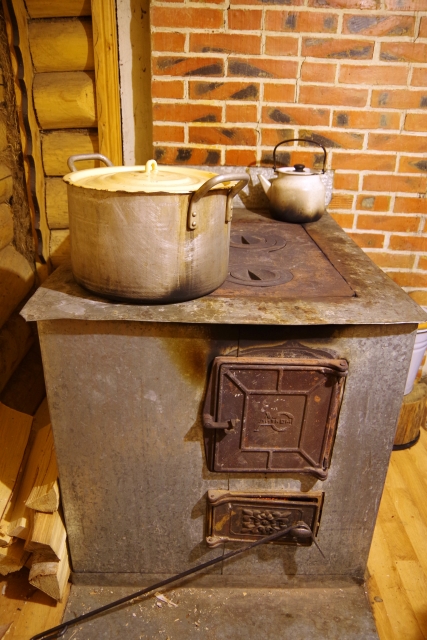
In the 1920s, Manchuria was in the midst of significant social transformation. The warlord conflicts following the Xinhai Revolution, the influx of Russian immigrants after the Siberian Intervention, and Japan’s full-fledged management of Manchuria created a historical landscape where different cultures met and merged.
During this period, the South Manchuria Educational Association commissioned the creation of songs for Japanese children living in the area. In response, KITAHARA Hakushuu wrote the lyrics and YAMADA Kousaku composed the music. It is said that during their visit to the region, they were exposed to a rich musical culture where Russian folk songs, Chinese folk songs, and Japanese songs intermingled, with the pechka as a central gathering point.
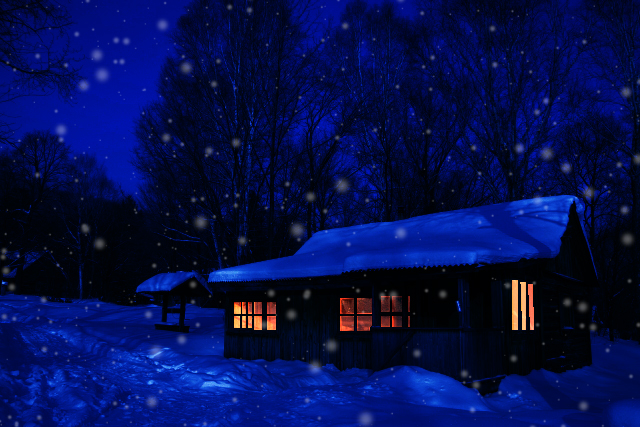
Later, the pechka was also introduced to Hokkaido. Documents from the Colonial Ministry record that Russian engineers, invited by the Meiji government, provided guidance, and the pechka was modified to suit the lives of Japanese people using locally available materials. Today, pechkas can still be seen in places like the Historical Village of Hokkaido, the former NAGAYAMA Takeshiro Residence, and the former Mitsubishi Mining Dormitory. In recent years, the thermal efficiency and heat retention of the pechka have garnered renewed attention due to environmental concerns, and new research incorporating the latest technologies has begun.
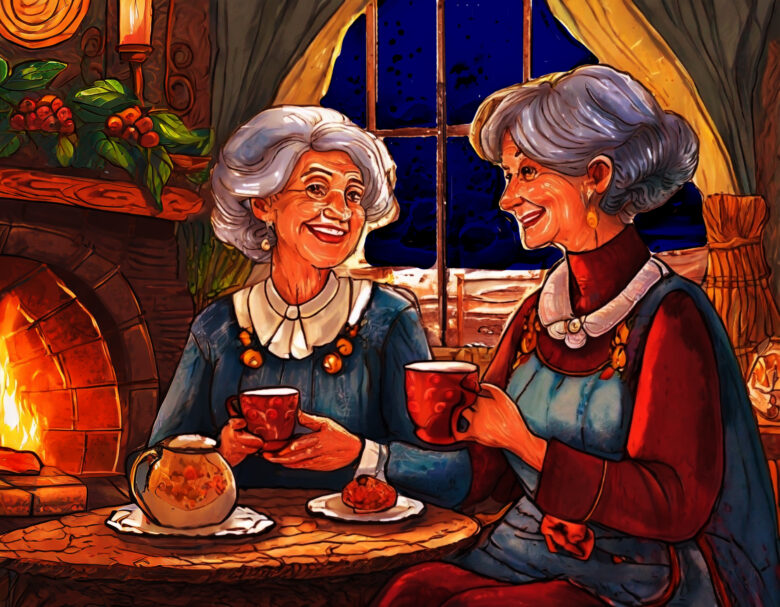
People gather around its warmth, engaging in casual conversations. One of the few joys of a cold winter is found around the pechka. The lyrics and music that evoke such scenes continue to be loved by many, even 100 years after their release.
▲Hakushu Douyoukan
Memorial Hall for Kitahara Hakushu, who left various famous children’s songs called “Douyo-Shouka”, is located in Odawara City, Kanagawa Prefecture, where he spent his 30s.

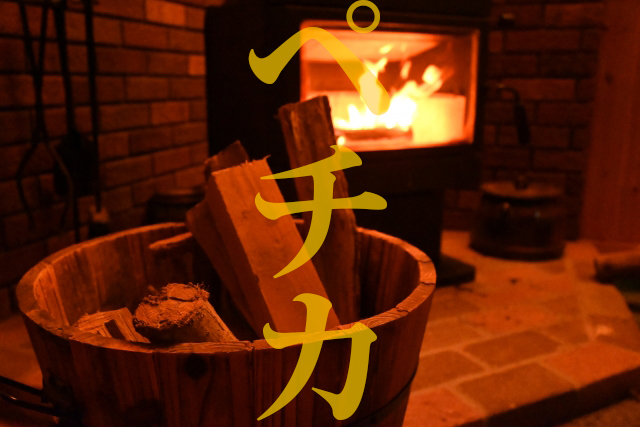
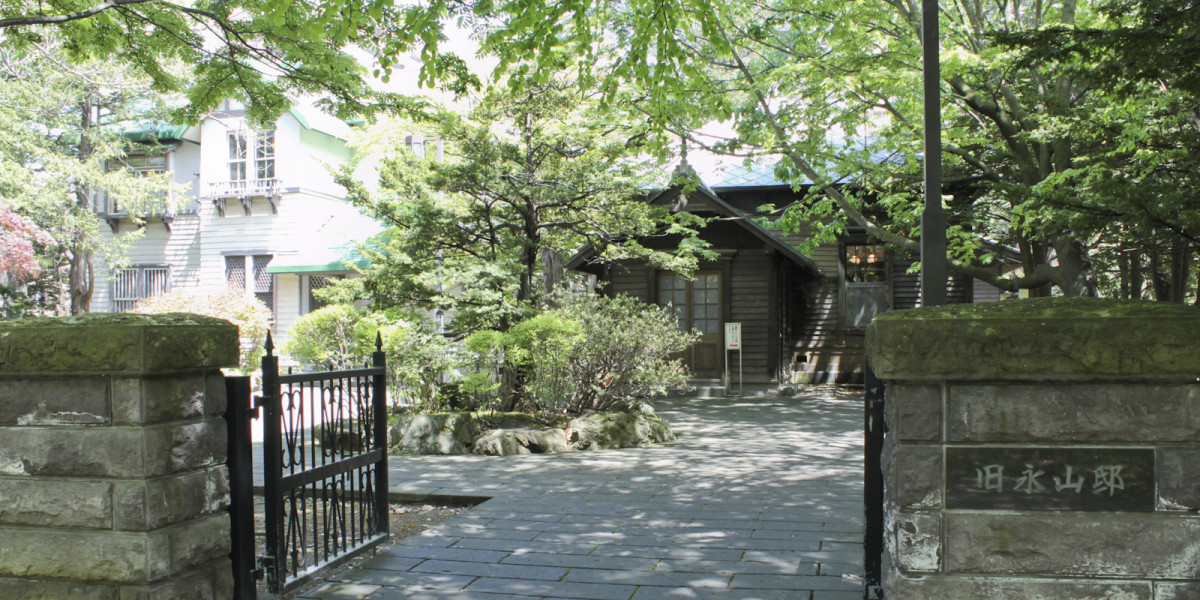


コメント